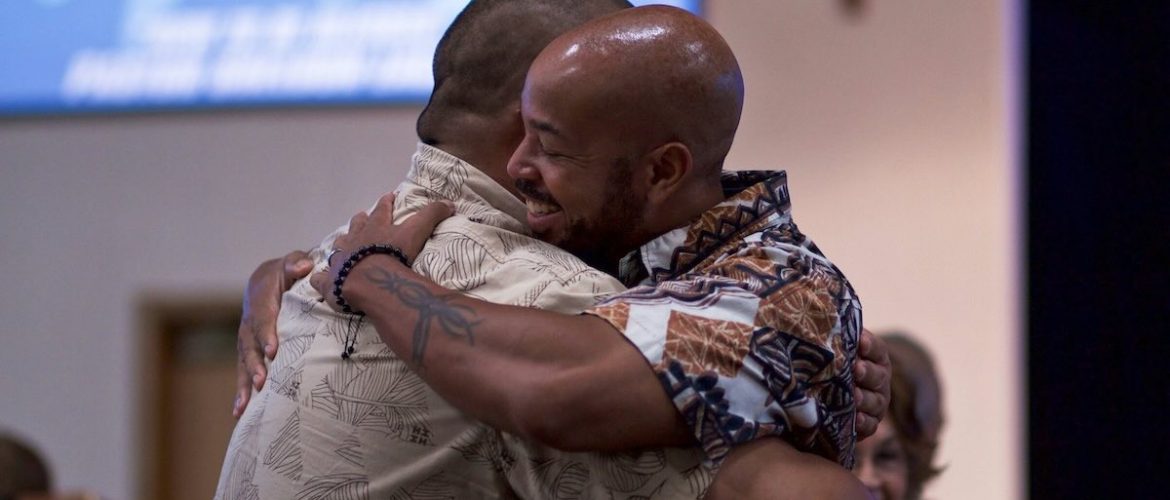New Earth tools #13 – Forgiveness
- April 29, 2022
- Posted by: Michael Hallett
- Category: New Earth tools

Forgiveness is a word that gets bandied around a lot. Phrases like “forgive and forget,” or variations, like “I will forgive but I won’t forget,” trip easily from our tongues, often with little thought—let alone genuine—attached to them.
Yet Jesus is explicit on the reciprocal nature of forgiveness. “If you forgive others for the wrongs they do to you, your Father in heaven will forgive you. But if you don’t forgive others, your Father will not forgive your sins.” (Matthew 6:14-15)
Forgiveness is a powerful tool that can be used very specifically. It’s particularly useful for dealing with the past. Here’s an example.
Reflections
I once met a man with a very tragic past, for which he not only blamed himself but also was unable to forgive himself. The guilt he was unable to release made him miserable. He also admitted he was unable to forgive any wrong that was done to him. At the time I met him, he had three outstanding court cases against people he felt had wronged him.
This man couldn’t see that his guilt and the court cases—his inability to forgive himself and his inability to forgive others—were reflections of each other.
Many of us from older generations had the Lord’s Prayer beaten into us at home, school or church: “Forgive us our trespasses as we forgive those who trespass against us.” This man could do neither. He couldn’t stop blaming himself, nor could he stop blaming others.
The tool he needs is forgiveness. If he can’t apply it to himself he could just as effectively apply it to others. Dropping the court cases—forgiving others—opens the door to self-forgiveness because one cannot exist without the other.
So if you’re struggling to forgive yourself, forgive another; if you’re struggling to forgive another, forgive yourself. And if you’re struggling with both, forgive both.
So if you’re struggling to forgive yourself, forgive another; if you’re struggling to forgive another, forgive yourself. And if you’re struggling to forgive both, forgive both.
Why do we need to forgive? Because failure to forgive is toxic. This man carried his guilt, bitterness and anger with him and they spilled into every aspect of his life, creating new instances of guilt and blame that called for more forgiveness.
Forgiveness changes the past
When we need to forgive, what we need to forgive is always from our past. The act of forgiveness changes that past.
This may seem like a trite sound-bite but let’s look a little closer. What is the past? It actually has two elements: whatever happened then (actions, words, thoughts, feelings) and how you feel about what happened now.
What happened in the past is water under the bridge. It’s gone.
If you have painful memories about a past event, they are actually emotions that occurred in that past moment that you couldn’t process at the time and hence got stuck in your emotional body. The reason you rejected those emotions was because you could not accept that negative event was happening to you and went into denial. (See this blog on The mechanics of emotional pain)
The event is now long past but the unprocessed feelings are still with you. Open your toolbox and get out some forgiveness. You might imagine it as a big spanner that undoes rusted up nuts, or a tube of ‘forgiveness grease’ that gets those old feelings unstuck. Apply forgiveness liberally and the past will melt away.
“Forgive these people”
Jesus alludes to this capacity to heal the past in Matthew 12:31-32. “I tell you that any sinful thing you do or say can be forgiven. Even if you speak against the Son of Man, you can be forgiven. But if you speak against the Holy Spirit, you can never be forgiven, either in this life or in the life to come.”
The Holy Spirit is the mediating force that releases trauma and changes our perception of the past. If we refuse (“speak against”) the Holy Spirit, we cannot forgive and we cannot learn from life’s challenges.
Jesus said, “Father, forgive these people! They don’t know what they’re doing.” (Luke 23:34). If Jesus can forgive his killers, we can forgive the petty slights and deeper grievances in our lives.
Photo by Erika Giraud on Unsplash
